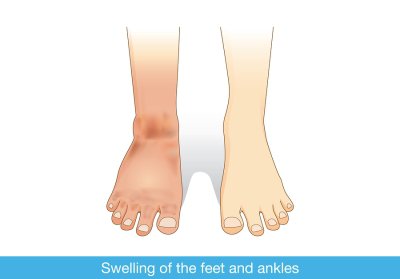Practical Foot and Ankle Care During Pregnancy
Pregnancy causes changes to all parts of your body, including your feet and ankles. There are a number of different complaints women have about their feet during pregnancy, from foot pain to swelling, but many of these symptoms can easily be managed. If you are having persistent problems with your feet during pregnancy, see a foot doctor in Sugar Land for help. He or she can recommend strategies to reduce your symptoms and take the pressure off your feet. These tips will also help.

Limit the Time You Spend on Your Feet
Standing for long periods not only causes foot pain but can also cause swelling in your feet and ankles. Avoid standing for extended periods, and when you sit, try to keep your feet up. Rotating your ankles periodically as you sit can also help. If swelling is a persistent problem, try lying on your back with your legs elevated above your head. This can improve circulation from your legs to your heart and reduce the puffiness you’re experiencing.
Get Active Daily
Being active improves blood flow and can help to reduce ankle and foot swelling. Try a daily walk, swimming, or riding a stationary bike. It can also help to walk in a pool, as the water pressure can break up ankle and foot swelling. Simply standing in the pool can also be beneficial. Remember to check with your doctor before you start any exercise program during pregnancy to make sure that it is safe for you.
Keep Sipping Water
Many pregnant women try to cut back on liquids when they are experiencing swelling in hopes of reversing it. In reality, not drinking enough water and becoming dehydrated will only make swelling worse, as your body tries to retain as much water as it can. Drinking water can actually help to improve swelling, so be sure to get plenty of it each day. The Institute of Medicine suggests that pregnant women get about 10 cups of fluids each day. Ask your doctor what is appropriate for you.
